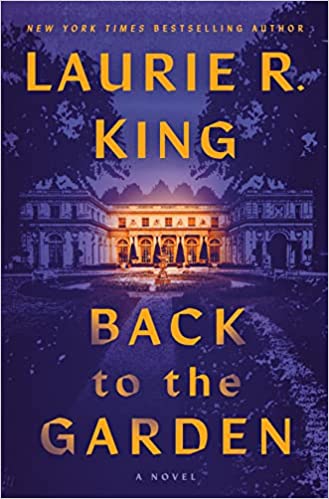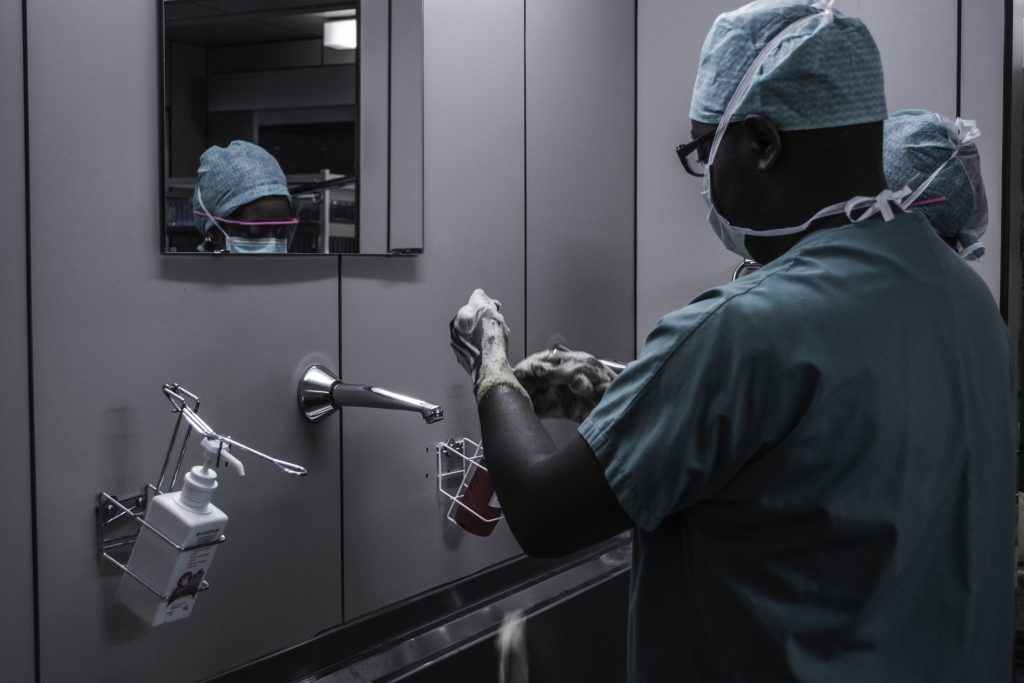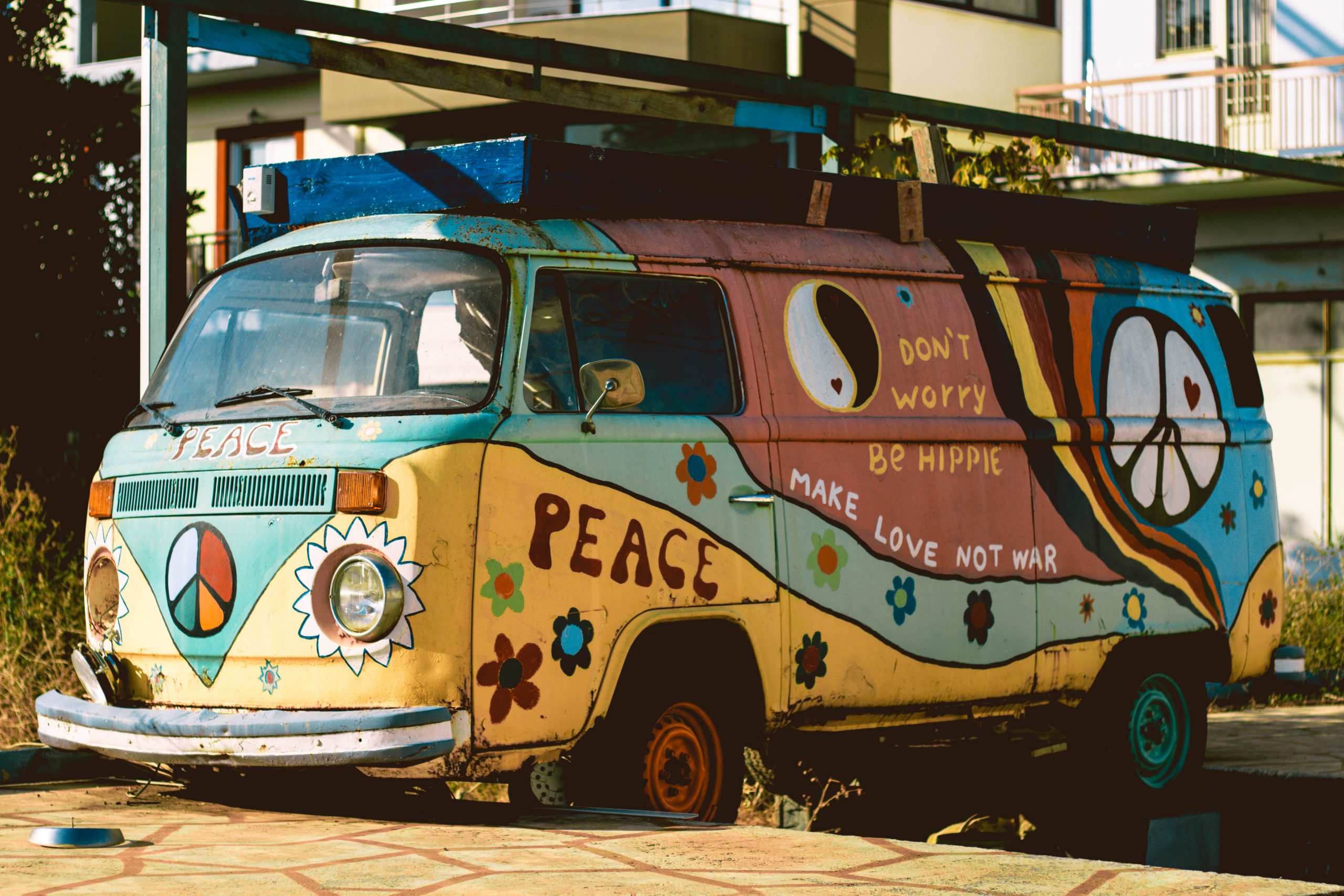Laurie R. King is known for her masterful storylines and her accuracy when it comes to all things mystery and intrigue, showcasing how research is a critical tool for fiction writers. Discover how Laurie uses her skills when it comes to getting the facts correct.
Lying for a Living: Research vs. Making it Up
I love having readers enthuse about how much they learn from my books—the politics of the Twenties! The exotic habits of foreign countries! Odd snippets of theology or cooking or equine behavior!
But I also have to laugh, because they’re overlooking one minor consideration: we writers lie for a living—and mystery writers even more so, because we also have to trick our readers into trusting us. We need them to believe that the story’s details are absolutely verifiable. That the witness is telling the truth, that the evidence hasn’t been manipulated, that the hero is in fact heroic.

Readers know that writers lie for a living, of course, and part of the fun dedicated mystery readers have is sniffing out the red herrings from the facts. Our readers also tend to be an amiable bunch (odd, that, considering their commitment to mayhem and murder) and willing to forgive small mistakes from an author they enjoy. When Ruth Rendell sends a bullet down a driveway from out of a shotgun, or PD James has a character reverse up the lane on his motorcycle, their loving readers forgive—or more likely, chime in with rare shotguns that take bullets in addition to shells, or vintage cycles with a reverse gear.
Still, they don’t forget. If an author cheats or fails to do basic research, even if the flaw is not bad enough for the reader to shut the book, the distraction is there. Trust is eroded.
I’ve become known as an author who does her research, and knows how to use it. I admit, there have been times when I’ve let something go through without being absolutely certain of the facts, but that’s only after I’ve spent a lot of time and effort trying to figure it out, and end up telling myself, “This isn’t academia; I don’t need footnotes.” And honestly? If I’ve gone round and round online, in the library, and appealing through social media and I still can’t swear that the house in this photograph is in Fez or in Marrakech, what are the chances any of my readers will know, and be infuriated by my error?
And if someone does know and they write in a fury, well, I thank them profusely and promise to consult them in the next book I write that’s set there.

My recent book (Back to the Garden) drew on research in all directions: place, historical setting (well, semi-historical: the 1970s), police investigation and structure, forensic science, you name it. So it’s a good example of the various ways I research—and the varied importance I put on it.
Take place. The book is set in a large country estate down the peninsula from San Francisco. In fact, there is an estate in more or less that spot, with a history vaguely similar to that of my fictional one. But it isn’t the same, for two reasons. First, the book was written during Covid lockdowns. Still, I could have found people who worked there, books and articles—except I didn’t want the limitations of strict reality. I wanted to be free to stick a statue here rather than there, to toss in an extra pond, shift the layout of the house and outbuildings. Thus: change the name and make up the details. Anyone who knows the actual house will spot the similarities, but can’t complain about differences.
Historical research is a little more demanding. People remember the 1970s. I remember them—but slang changes, musical taste shifts, when I see stock photos of “hippies” that show tattoos, piercings, and hippie women with shaved underarms, I suspect modern fakery.
But when it comes to investigative matters, a writer has to get it right. Mystery readers don’t forgive those errors. So: what is a cold case, anyway? Does the SFPD have “Detectives” or “Inspectors”? A coroner or a medical examiner? Can someone from the SFPD work on a San Mateo investigation? What would be the state of bones 45 years old?



Those questions I have to get right—or at the very least, add a note at the end admitting to minor shortcuts.
Trust is earned. We trick our readers, sure, but they need to be able retrace their steps, and see how it happened.
We lie for a living, yes. But we clothe those lies in as much truth as we possibly can.
Dear Rogue Readers: How much accuracy do you need? What types of shortcuts are you okay and not okay with?
















































When I simply have to fudge things for the sake of the story, I will add a note about it in the Acknowledgments section. I feel you can have anything you want happen as long as you own up to it with a “this doesn’t really work like that—“ addendum!
I’m sure your readers brush off a few “creative descriptions” when enjoying your terrific mysteries. As a reader who often orders books set in Washington, DC, it does put me off when an author writes something like, “He careened down Pennsylvania Avenue in front of the White House” — as there have barriers in front of that building for decades. Anyway, now I can’t wait to read BACK TO THE GARDEN – and thanks for being our guest blogger today!
Great post! Sometimes, it’s weird details that trip you up as an author. One reader called me out in one of my books for referring to a submarine sandwich as a “hoagie.” The characters were located in Boston when they got the sandwich, so they should have referred to it as a “grinder.” What the hell was I thinking? How dare I get that wrong?
The funny part is that I’m often guilty of doing far too much research. I go to great lengths to describe clandestine settings (real ones that are heavily restricted) that very few readers would ever be given access to. How would they know what the inside of the JTTF in NYC looks like? Anyway, research is fun and also addictive.